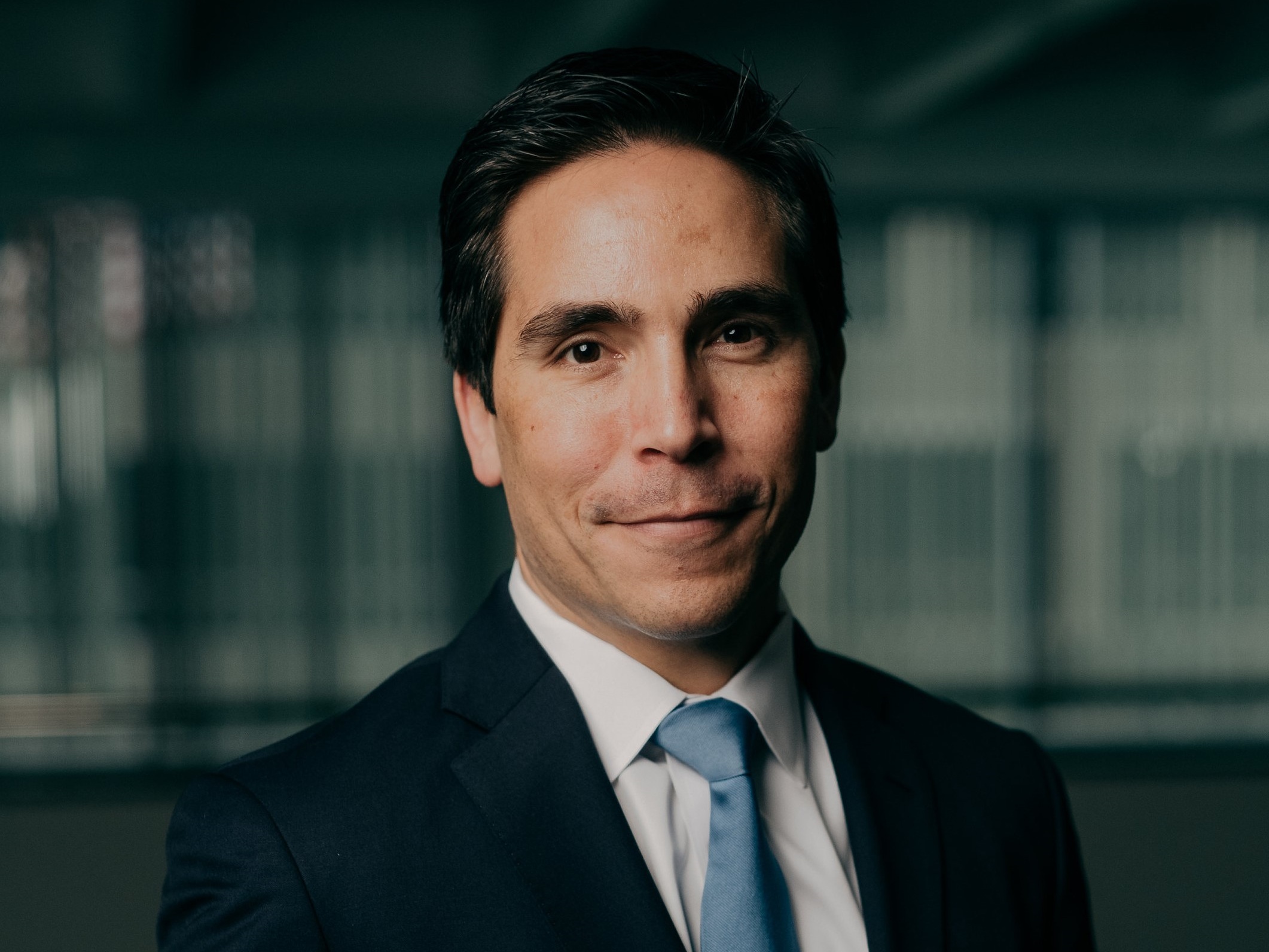Leveraging Uncertainty to Craft Creative Leasing Strategies
The pandemic has upended the commercial leasing world, but there's no shortage of innovative solutions from both landlords and tenants.
Commercial landlords and tenants are no strangers to changing economic cycles. Adjusting lease agreements to different circumstances is one of the main factors in negotiating favorable terms for both parties. But the pandemic has thrown a wrench into the status quo, prompting industry players to realign their strategies and think up creative solutions.
READ ALSO: Watch These ‘Global Emerging Trends,’ Say ULI and PwC
“Prior to the pandemic, flexibility was key and now it’s even more exaggerated,” Lisa Davidson, vice chairman & chief diversity officer at Savills, told Commercial Property Executive. “Landlords are prepared to meet tenants’ needs for flexibility in terms of providing or granting termination options or having tenants use allowances however they’d like.”
Flexibility is the new buzzword, according to Bonnie Hochman Rothell, a partner at Morris, Manning & Martin, with both tenants and landlords looking to include the term in their lease agreements. Landlords need protection in case of further eviction moratoriums, while most tenants are seeking to avoid long-term commitments.
Emphasis on concessions
When it comes to finding solutions to lease obligations, both landlords and tenants must content with the question of return to office.
For landlords, that has resulted in a lack of demand, Davidson observed, which has led them to agree to large concession packages for those willing to sign leases.
For tenants, the conundrum has been whether or not to take advantage of the current market. Tenants that have that level of confidence are taking advantage of the uncertain market to negotiate longer-term leases and lock in more favorable rents, according to Native Realty CEO Jaime Sturgis.
“Tenants have to be confident in their decision-making before they move to a new space or commit to a long-term lease,” Davidson noted, highlighting that tenants with a predominantly remote workforce have leverage with time.
It helps that some landlords are willing to allow tenants to move into a new space without beginning rent payments until the next year or the year after, depending on the lease term. “Right now, landlords are looking to get any new tenants into their space, even if it is in a spec suite or by offering a short-term lease,” Davidson said.
At the same time, landlords also want to ensure that leases are well-crafted and enforceable. “Landlords want to know that the tenant is well-collateralized and personally guaranteeing the lease with an entity of substantial worth,” said Sturgis.
Win-win for both parties
When it comes to establishing a framework for the renegotiation process, lease relationships are best when viewed as a long-term partnership, according to Hochman Rothell, who emphasized that a trust and partnership-based cooperation may be the most useful for the business relationship.
“Concessions may be necessary on all parties’ parts and creative approaches will be most effective,” she explained. For example, she pointed to lease extensions and rental escalation clauses offered in exchange for forgiveness of some deferred amounts.
A win-win scenario could be when the tenant provides the landlord an extension, and in return secures near-term abatement or even returns some unused space, according to Davidson.
As for rent that came due amid the height of the health crisis, many landlords are agreeing to defer these obligations, with tenants required to “repay such deferred rent over the course of six to 36 months,” Fernando Landa, a partner with Crosbie Gliner Schiffman Southard & Swanson, noted.
Mitigating risk
As uncertainty still looms, one of the biggest challenges from a legal perspective is addressing the risk of potential future lockdowns. “Tenants want protections in the event they are unable to fully use their space because of such measures, while landlords want to protect the cash flow they expect from prospective leases as the risk of COVID-19 abates,” Landa remarked.
In order to mitigate such risks, force majeure clauses are of particular importance, as these may provide relief when natural and unavoidable catastrophes prevent parties to the contract from fulfilling their obligations.
“Landlords will have an advantage if the force majeure provision includes such a carveout, whereas tenants are in a very strong position if the force majeure does not include such a carveout,” Landa said.
READ ALSO: How to Support the Hybrid Work Model

Bonnie Hochman Rothell, Partner, Morris, Manning & Martin. Image courtesy of Morris, Manning & Martin
According to Sturgis, many changes have occurred in terms of business interruption clauses in leases and force majeure. For tenants, the objective was to make sure they “wouldn’t be paying rent if there were government- or state-sanctioned lockdowns prohibiting them from operating their businesses.”
On the other hand, landlords were still responsible for cost obligations, such as real estate taxes, insurance, maintenance, mortgages and debt service coverage ratios. “We typically found common ground with an understanding that if this situation were to occur, rent would be reduced or abated in some form. However, the triple-net expenses would continue to be due and payable,” he explained.
While prior to the health crisis most force majeure clauses weren’t specific enough to cover events such as a pandemic, post-COVID-19 force majeure clauses will likely become more detailed to cover a wider range of unexpected events. Hochman Rothell thinks it will be necessary for these provisions to clearly state that a force majeure event doesn’t relieve a tenant from its obligations to pay rent or other charges as they become due.
Revising office space needs
When it comes to reconsidering their office needs, tenants have multiple options. They can either renew their lease for a year and continue to have their employees work fully remote until they have a better sense of their office-space needs, Davidson explained. The ‘hub-and-spoke model’ is another option, where companies have a main office and keep smaller suburban offices or even utilize employees coworking spaces.
Another solution is to make part of the workforce permanently remote. This way, companies will be able to take on less space. “Or if they are in a long-term lease, they can provide a lease extension to the landlord in exchange for taking back space early,” Davidson said.
Irrespective of the length of the lease contract or the amount of space leased, one important term being negotiated today—which was never even contemplated before the pandemic—is who is responsible for health and safety issues at the property. Parties are increasingly negotiating responsibility on that front, Hochman Rothell said.
Generally, landlords are responsible for the health and safety risks associated with the common areas of a building, but owners can coordinate office cleaning protocols with tenants and collaborate to meet CDC and OSHA guidelines, according to a recent NAIOP report.
One step at a time
Hochman Rothell recommended that landlords begin reviewing their existing leases and reconsidering terms that were previously acceptable, as lease terms and the impact of closures or eviction moratoriums “are critical issues.”
While it is true that several eviction moratoriums are ending soon or have already ended, states and localities are still considering extensions. Circumstances are mostly subject to government and local authorities, but many jurisdictions have implemented moratoriums on commercial evictions under certain conditions, keeping in mind the economic hardship businesses have undergone and are still subject to.
“We do not necessarily recommend that landlords jump into court when the moratoriums end and do not recommend that tenants bury their heads in the sand. The best course of action is to begin negotiating early to come up with creative ways for both the landlords and tenants to continue to operate successfully, which in many situations may justify renegotiating certain lease terms,” Hochman Rothell concluded.











You must be logged in to post a comment.